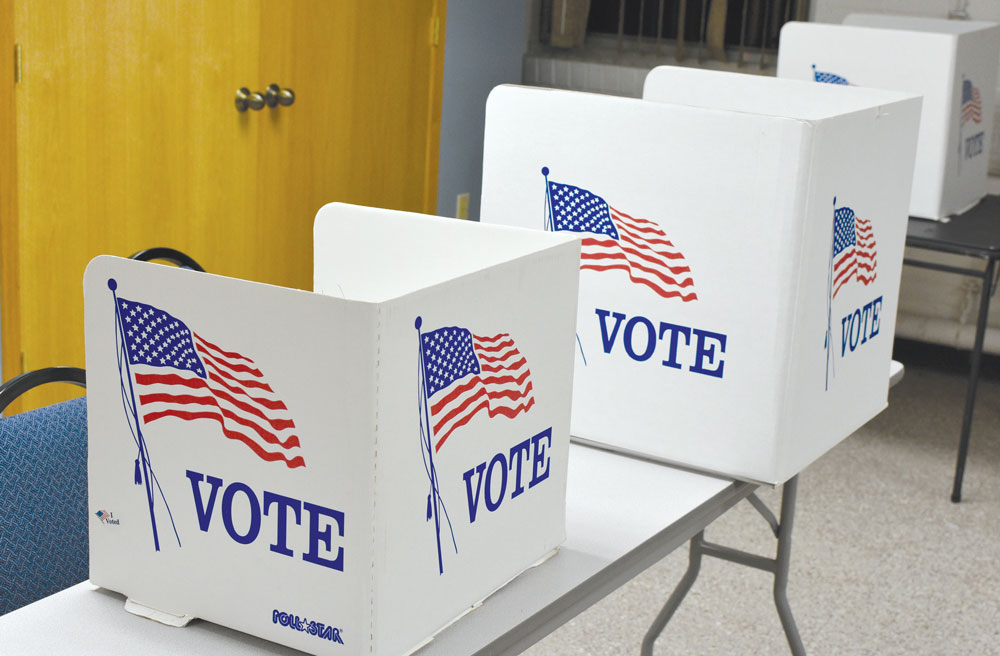2 untested rape kits stored at Nashua police department, state report says
View the full public Attorney General SAKI report.
Staff report with the Associated Press
State and local officials hope to soon launch an aggressive effort to analyze 4,265 untested rape kits for potential evidence that could help prosecutors identify and charge the assailants, Iowa Attorney General Tom Miller said Tuesday.
Forty-three percent of Iowa’s law enforcement agencies are storing untested rape kits, Miller said in a press announcement. The Nashua Police Department is storing two untested rape kits, according to a public report released by Miller.
Officials at the Charles City Police Department, the Chickasaw County Sheriff’s Office, the Floyd County Sheriff’s Office, the New Hampton Police Department and the Nora Springs Police Department reported zero untested rape kits in storage.
The results are part of a yearlong audit which found that the untested rape kits are stored in city police departments and county sheriff’s offices across Iowa — with nearly two in three at Iowa’s nine largest cities, and some dating to the 1990s.
The statewide initiative, funded by a $3 million grant from the U.S. Department of Justice, is part of a nationwide effort to address a backlog of untested kits.
“It gives us the potential to provide justice,” Miller said Tuesday at a news conference.
Officials are in the process of contracting with a private lab to begin analyzing the backlog of kits that also are undergoing a case-by-case review by a panel of criminologists, victim advocates and law agencies. Bids are due April 24, and the first batch of kit tests could begin in June, with an expected 90-day turnaround for results, he said.
“We will put a priority on those that are bumping up against the statute of limitation,” Miller said. He estimated about half of the kits would produce usable DNA, and 30 or 40 percent of those would generate matches with offenders.
Testing the backlog would overwhelm the Iowa Division of Criminal Investigation lab’s ongoing workload, Miller said, so the team will seek DNA testing through outside labs.
A DCI lab administrator then will decide which results to run in the DNA database, and any hits they generate on suspects will be referred to law enforcement, he said.
All 387 law enforcement agencies in Iowa participated in the survey, which found there are 4,265 untested sexual assault kits in Iowa. Nine police departments — generally serving the most populated cities — account for 63 percent of the untested kits.
The Sioux City Police Department had 275 untested kits, fourth most in the state, according to the audit.
Iowa law requires law enforcement agencies to retain sexual assault kits for 10 years for adult victims, and for 10 years following a minor victim’s 18th birthday.
Iowa’s statute of limitations is 10 years for adults with an additional three years after a DNA match is discovered. The law also has a separate statute of limitations with a three-year time frame that begins to run if — through the development of a DNA profile — investigators discover the identity of a previously unknown perpetrator, Miller’s office said.
“Our ultimate goal in cooperation with the state is to bring justice for the victims and make sure that we get these predators off the street when we can get them identified,” said Des Moines Police Department Public Information Officer Sgt. Paul Parizek.
According to the report, the top reasons departments did not submit kits for testing were that the victim did not wish to file charges (19 percent); law enforcement doubted the truthfulness of the accusation (15 percent); or the victim did not cooperate (12 percent).
The initiative also is pursuing the establishment of a statewide rape kit tracking system which, when implemented, will track the status of all kits collected at a medical facility, stored by law enforcement or sent to laboratories for analysis. The initiative seeks to improve and standardize protocols associated with testing and victim support, training and a review of statutes on rape kit testing.









Social Share